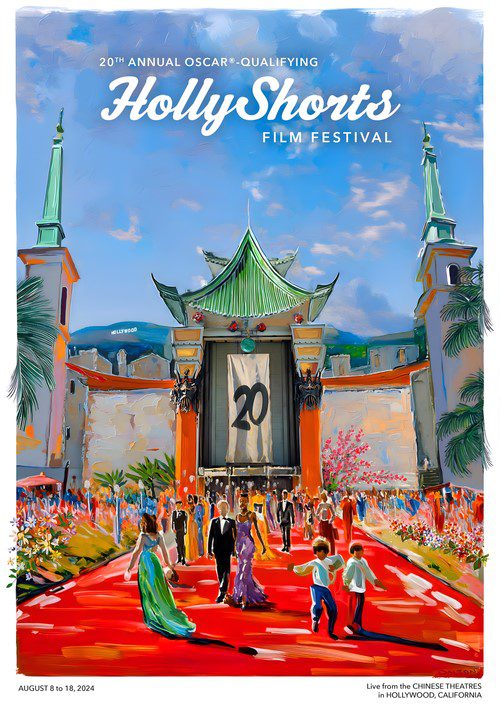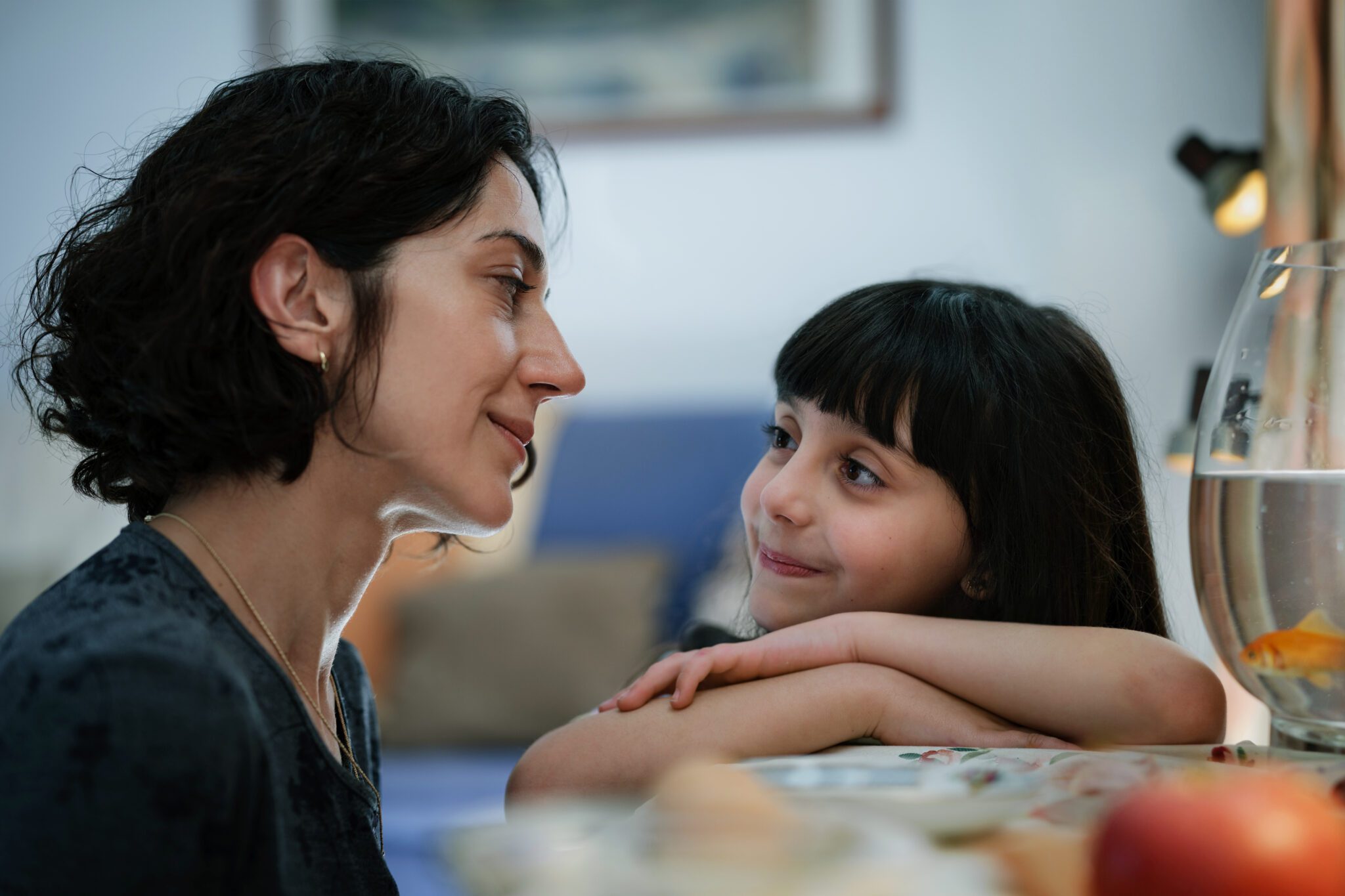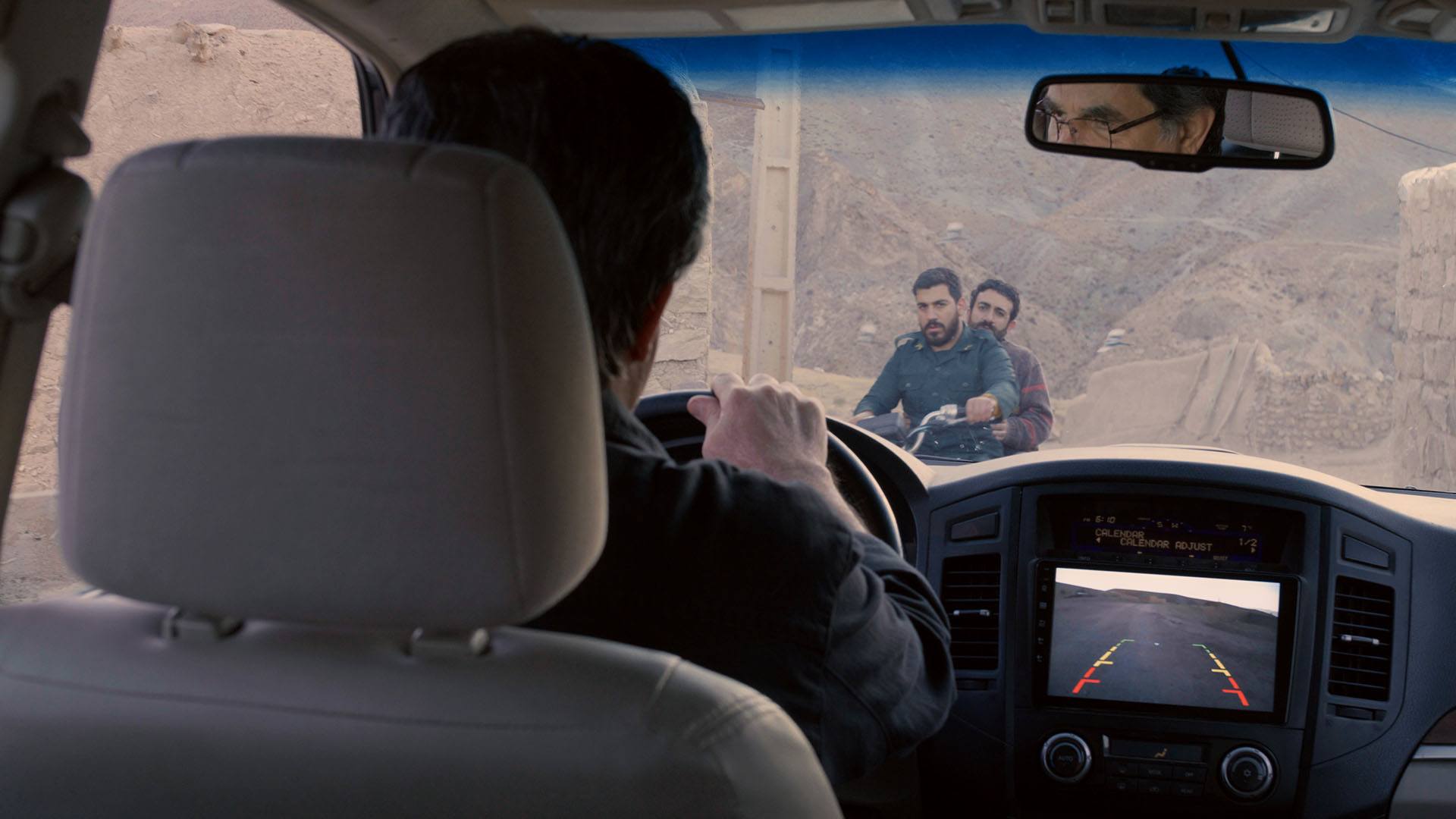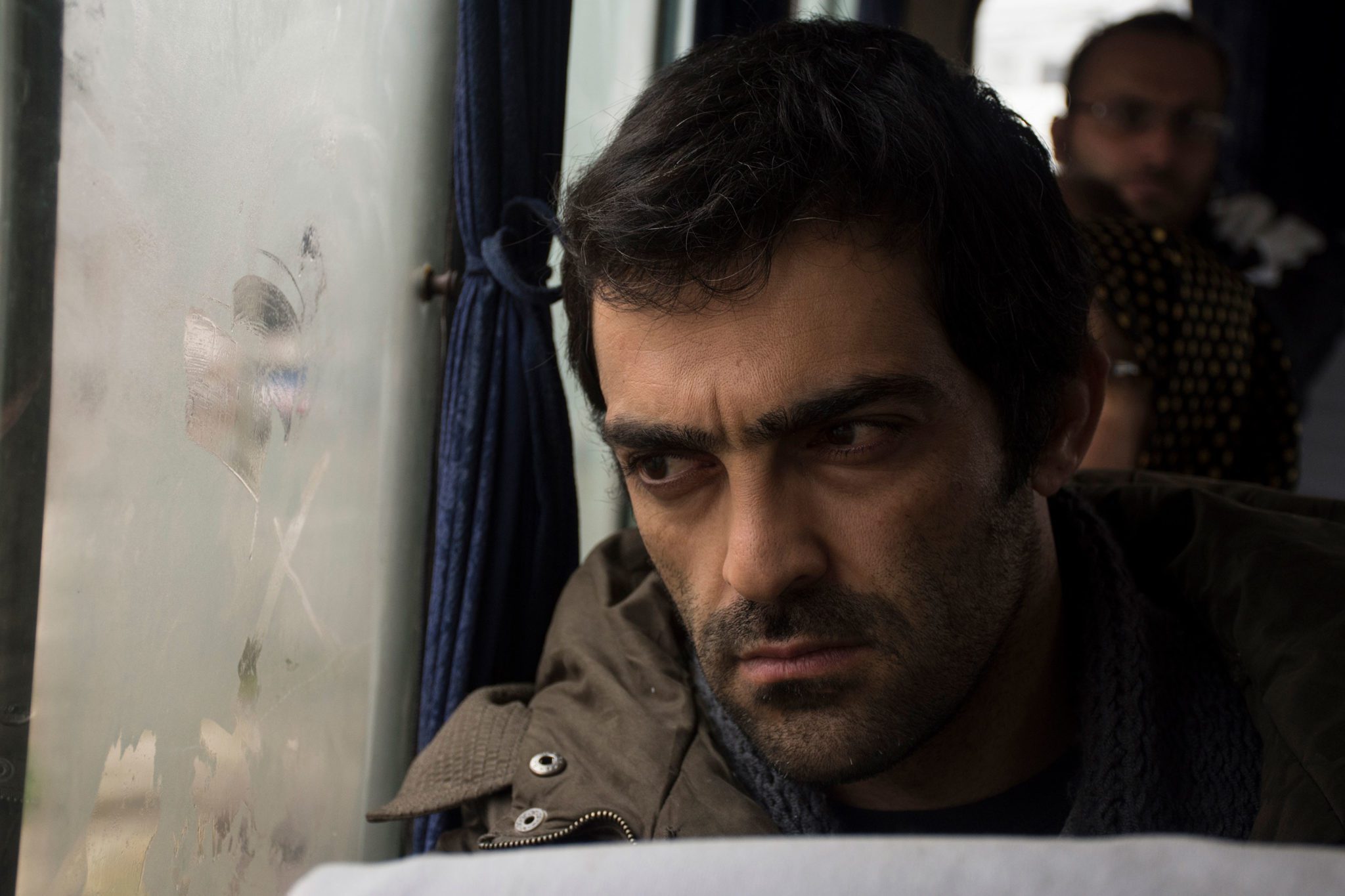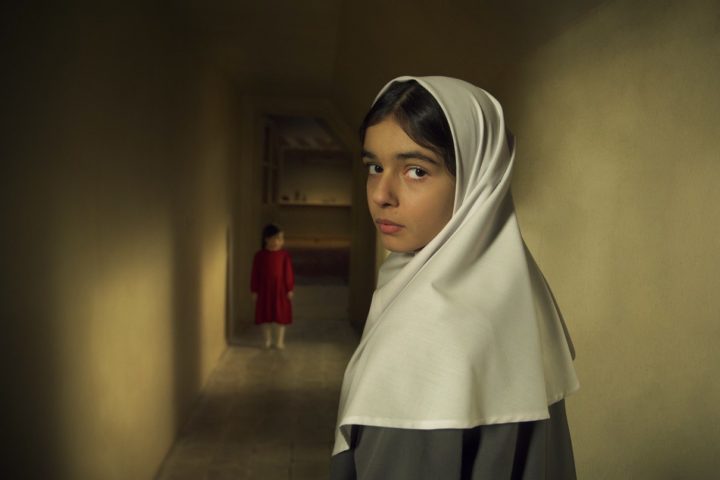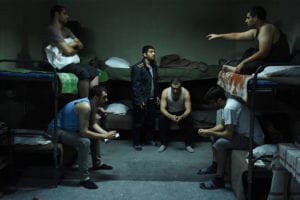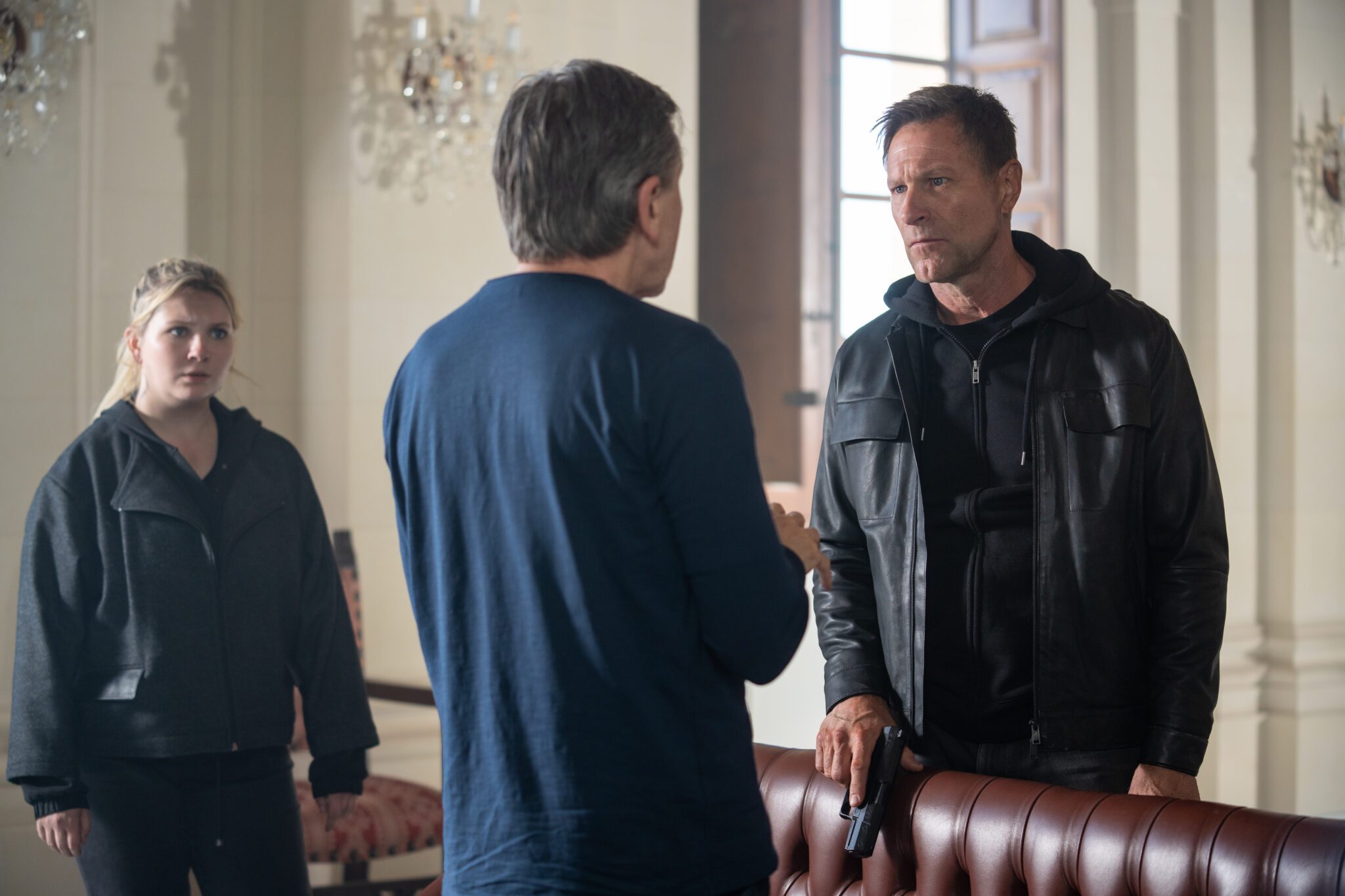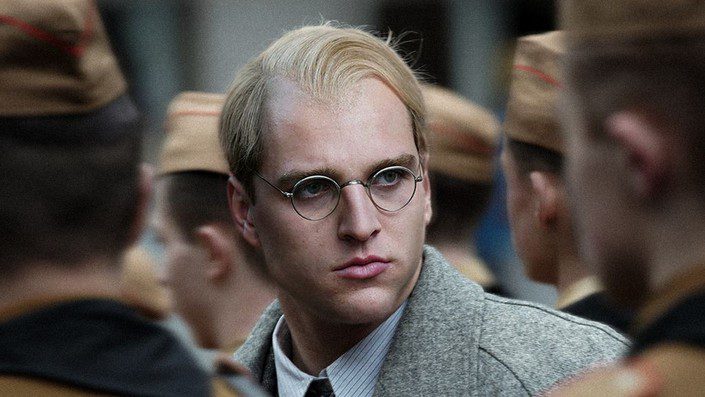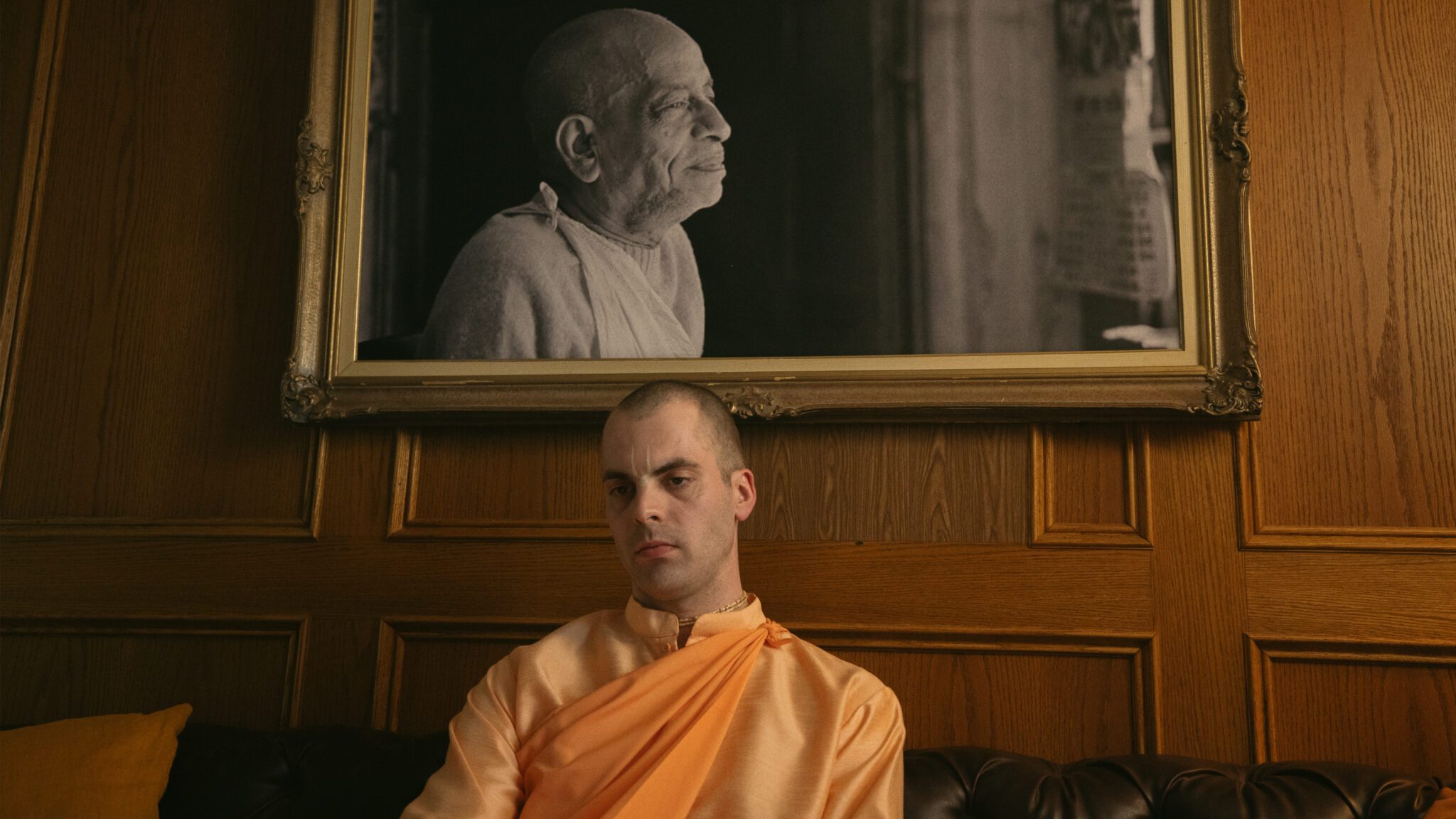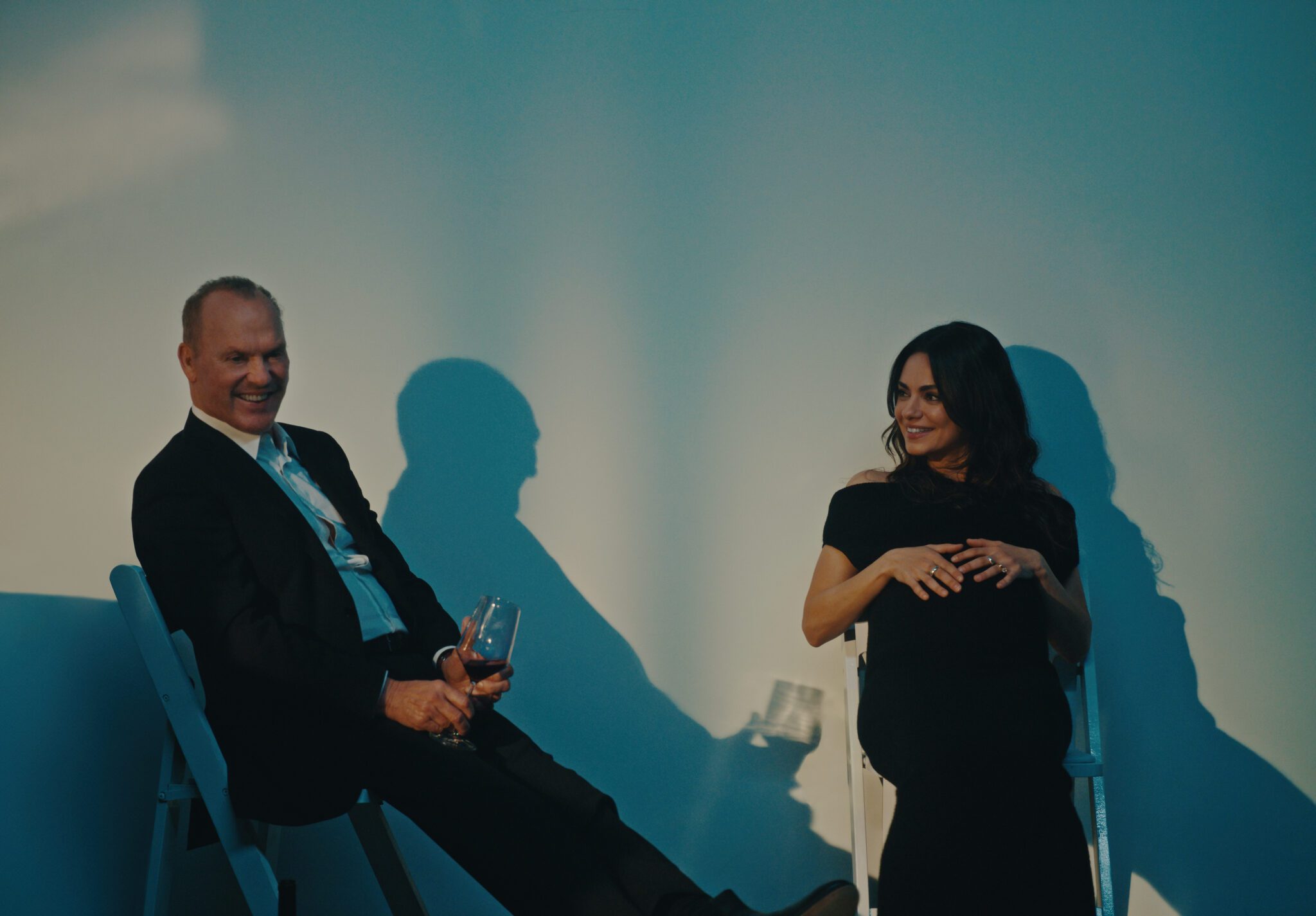HollyShorts Film Festival is an Oscar-qualifying event, currently going on in Hollywood. Over 200 short films are...
Iran
An Iranian woman and her daughter hope for a new life while in an Australian women’s shelter....
Just because two people are from the same place, it does not mean they?ve shared the same...
What do you do if the government forbids you from making films? If you are Iranian filmmaker...
?Life teaches everybody. Some learn quick, others slow. Some learn too much, others not enough.? Iranian filmmaker...
Today?s report on the Slamdance Film Festival looks at some documentary features. These three films all have...
Welcome to Slamdance Film Festival. Slamdance is a festival that bills itself as ?by filmmakers, for filmmakers?....
If you?re in the mood for a time-bending coming-of-age story, Petite Maman will do the trick. From...
Set in Iran, Sun Children tells the story of Ali, a 12-year-old boy and his friends who are unfortunately the sole...
?What kind of animal could execute someone?? What kind of person could kill someone? Could you? What...

